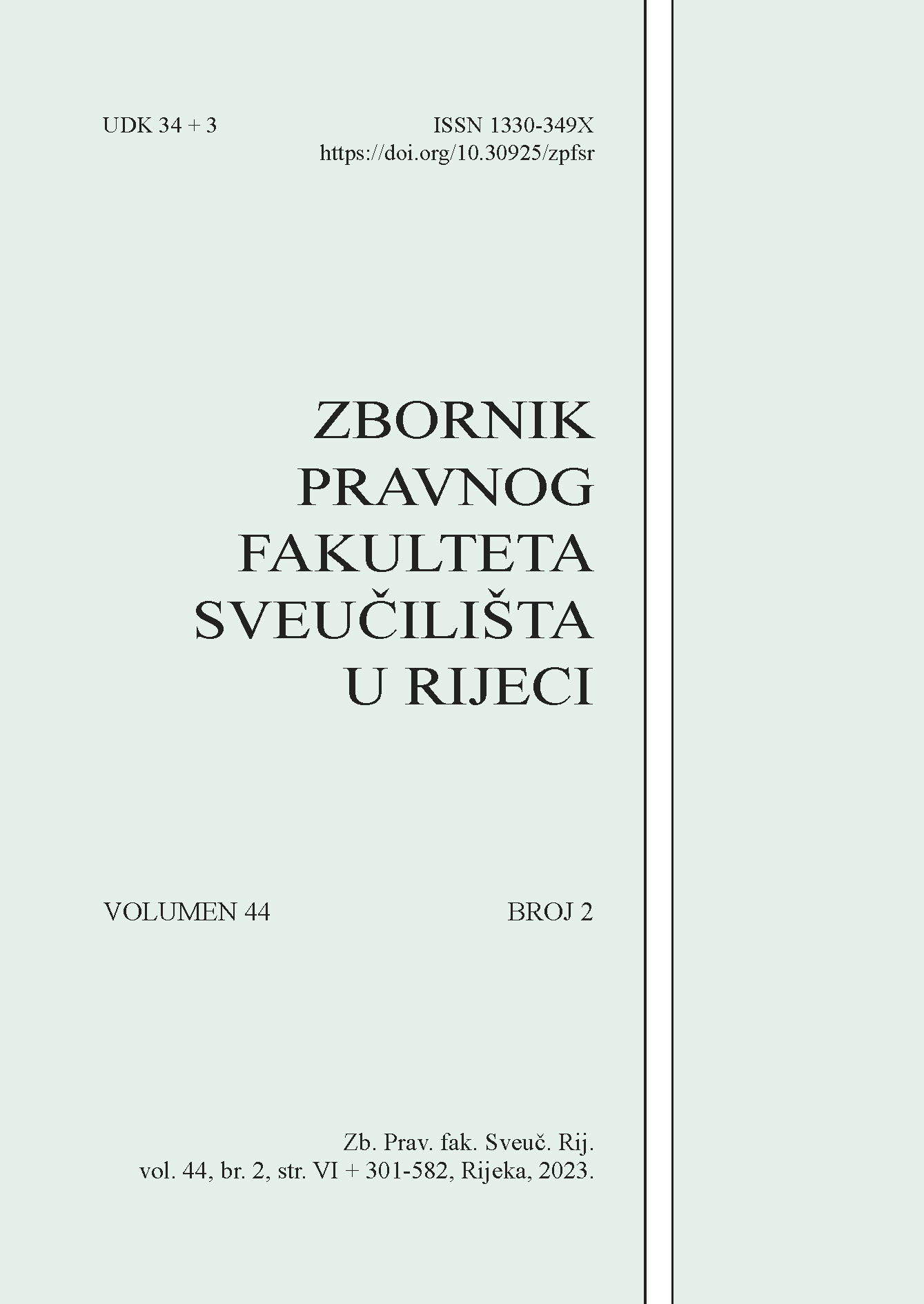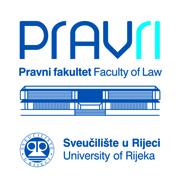The Croatian Ban: Rights and Powers during a Millennium of Existence
the Hungarian Constitutional - Historical Percepective
DOI:
https://doi.org/10.30925/zpfsr.44.2.7Keywords:
Croatian ban, appointment and recall, ban’s powers, legal regulations according to the Croatian-Hungarian settlement.Abstract
During a millennium of the Croatian statehood, Ban (viceroy) and the Croatian Parliament were the holders of the highest power in the country. While the Parliament as a legislative body, apart from a brief interruption during the Kingdom of SCS and the Kingdom of Yugoslavia, continues its function even today, the institution of the Croatian ban was abolished by the Yugoslav Federal Constitution in 1946 and by the Constitution of the People's Republic of Croatia in 1947. In this paper, relaying on legal regulations, the work of Croatian ban is analyzed, its appointment and recall, its rights and obligations from the period of Croatian kings of the noble line, through the Arpads, Angevins, and Habsburgs. The changes in legal regulations are examined in this study that were introduced by the Croatian-Hungarian Settlement (Leg. Article I. from 1868), i.e., the revision of the settlement (Leg. Article XXXIV. from 1873). Since Croatia was in a state alliance with Hungary from 1102 to 1918, the Croatian ban is also an institution of Hungarian constitutional history, and therefore will be presented through that prism.
Additional Files
Published
Versions
- 2023-12-20 (2)
- 2023-09-15 (1)
How to Cite
Issue
Section
License
Copyright (c) 2023 László Heka

This work is licensed under a Creative Commons Attribution-NonCommercial 4.0 International License.
Collected Papers is an open access journal. Journal does not charge article processing charges (APC) to authors. It is licensed under CC BY-NC licence 4.0.
Collected Papers of the Law Faculty of the University of Rijeka" is an Open Access journal. Users are allowed to read, download, copy, redistribute, print, search and link to material, and alter, transform, or build upon the material, or use them for any other lawful purpose as long as they attribute the source in an appropriate manner according to the CC BY licence.
The papers published in "Collected Papers of the Law Faculty of the University of Rijeka" can be deposited and self-archived in the institutional and thematic repositories providing the link to the journal's web pages and HRČAK.
Upon acceptance of the manuscript for publication by this journal, the author can publish same manuscript in other journals only with the permission of the Editorial Board (secondary publication). A repeated publication should contain a notice as to where the manuscript was originally published.



